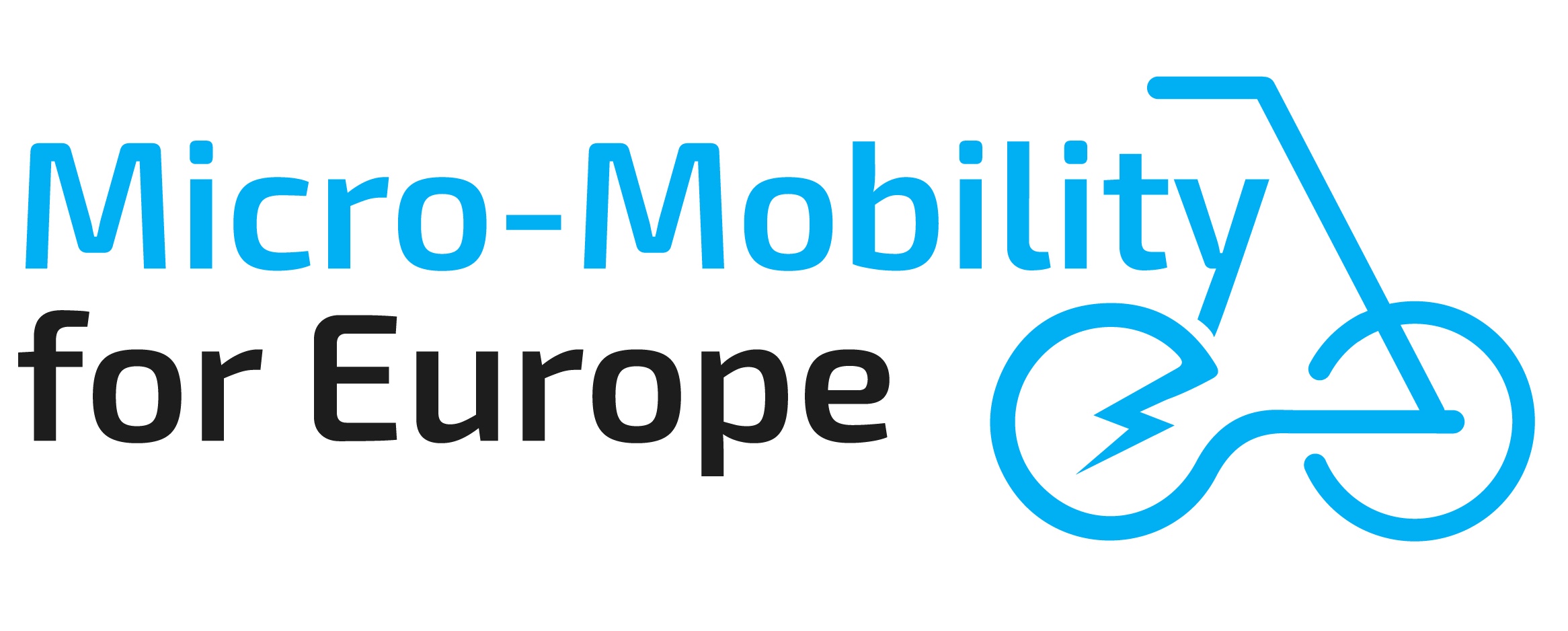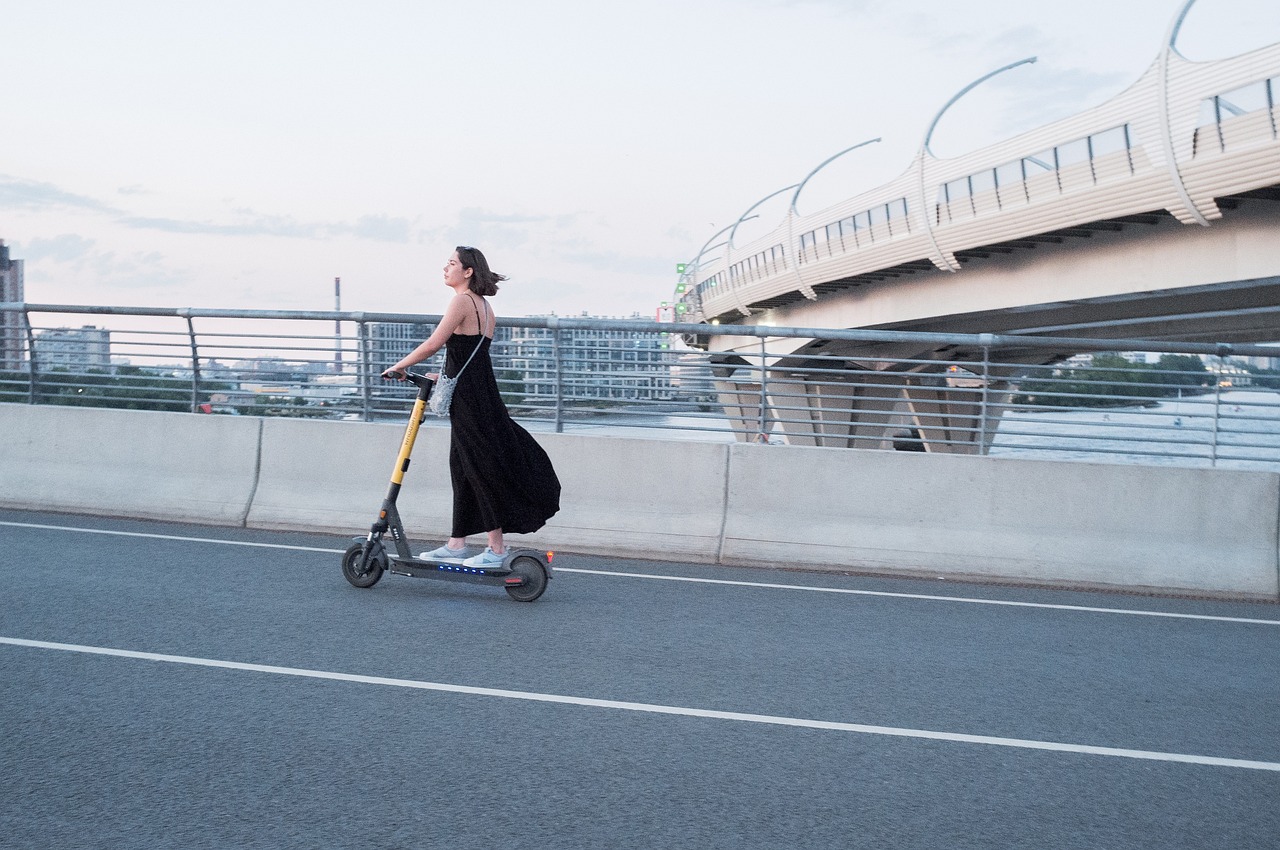March 2024
Micro-mobility presents a valuable opportunity to enhance urban mobility in Europe. Using aggregated data from the members of Micro-mobility for Europe (MMfE), more than 240 million trips by shared e-scooter took place in 2022 across 515 cities in Europe. European cities can unlock the potential of micro-mobility by adopting common European technical standards and investing in infrastructure. Micro-mobility provides citizens with flexible and clean options for first and last-mile trips and addresses congestion, pollution, and traffic safety challenges.
Status quo: how are e-scooters regulated at the EU level?
E scooters are currently excluded from the Machinery Directive’s scope and Regulation (EU) No 168/2013 and are regulated under the EN17128 standard in Europe. This CEN standard has been in force since April 2021, replacing the previous standard EN14619.
EN17128 specifies the safety requirements and test methods on a vehicle and component level. It also identifies the marking and information Personal Light Electric Vehicles (PLEVs) need to carry to reduce the risk of injuries to third parties and the rider during use, i.e., when used as intended and under conditions of misuse reasonably foreseeable by the manufacturer.
Pain points for micro-mobility operators: the absence of a harmonised framework
MMfE believes, with its current content, that the EN17128 standard can serve as a basis to regulate e-scooter vehicles in Europe, setting adequate technical requirements for the safety and structural integrity of e-scooters.
The main limitation observed to date does not lie in the standard’s content but in its applicability in Europe, which varies significantly among Member States. As EN17128 is not linked to a specific piece of European legislation, Member States have been able to deviate from the standard and impose their own frameworks at a national level – as is the case in the Netherlands, Spain, Germany, and Ireland, amongst others.
This regional variance has created significant operating challenges for micro-mobility operators who must navigate a patchwork of national rules regarding vehicle classification, hardware requirements, market entry procedures, and applicable traffic rules. Such market fragmentation has also created great uncertainty for users of the traffic and road use rules that apply to different micro-mobility modes across the region, ultimately hindering the habitual uptake of more sustainable mobility.
MMfE’s recommendation on the way forward: European harmonisation
MMfE calls upon the Commission to ensure that harmonised rules apply to e-scooters across Europe. Such harmonisation should encourage innovation and permit the growth of a transport mode with great potential to help the EU achieve its climate goals.
In this context, MMfE would like to propose a few options to update and harmonise the European regulatory framework for e-scooters:
- Inclusion of EN 17128 standard under the Machinery Regulation: MMfE welcomes the intention of the CEN/TC/354 Committee to include the EN17128 standard in the scope of the Machinery Regulation. MMfE would support the inclusion of the standard in the scope of the Machinery Regulation, should it ensure the consistent application of the standard by all Member States and prevent the design of national regulations. MMfE is open to studying the possible additional technical requirements around noise and vibrations together with the experts of the Committee.
- Type-approval system for e-scooters: The most critical element for MMfE in redefining European legislation for e-scooters is to ensure a harmonised practice and standard is used across Europe. Should the inclusion of EN17128 in the Machinery Regulation not be sufficient to ensure the application of the standard across all European Member States, MMfE would be open to exploring the possibility of an EU wide type-approval system for e-scooters, which is structured around a light homologation procedure. MMfE is confident that Germany’s regulatory framework for e-scooters can serve as a solid foundation for such a system. This document lists the hardware requirements and vehicle tests, taken from the German regulatory framework, that we believe would streamline the homologation procedure while also prioritising the safety of our passengers and vehicles.
- Design of a new standard by IECEE: The IECEE is in the process of devising its own standard ‘IEC 63281-1:2023’ for electrically powered transport devices, or ‘e-Transporters’ for sharing and public use. Although the standard addresses different electrical, mechanical and environmental aspects of EN17128, introducing an additional standard would only further fragment the current regulatory framework. It is imperative that CEN-CENELEC and IECEE collaborate to create a unified standard that not only offers greater legal certainty to the industry but also eliminates any overlap between the two standards.
Conclusion
MMfE’s key priority for redefining European legislation of e-scooters, is to ensure harmonised practices are used across Europe. This will promote the growth of a transport mode that has a great role to play in ensuring minimum safety standards, reducing car dependency and encouraging greater uptake of micro mobility, in line with European climate objectives. MMfE remains available to discuss and collaborate with relevant stakeholders and institutions to identify the best legal and technical mechanisms to achieve this goal.












